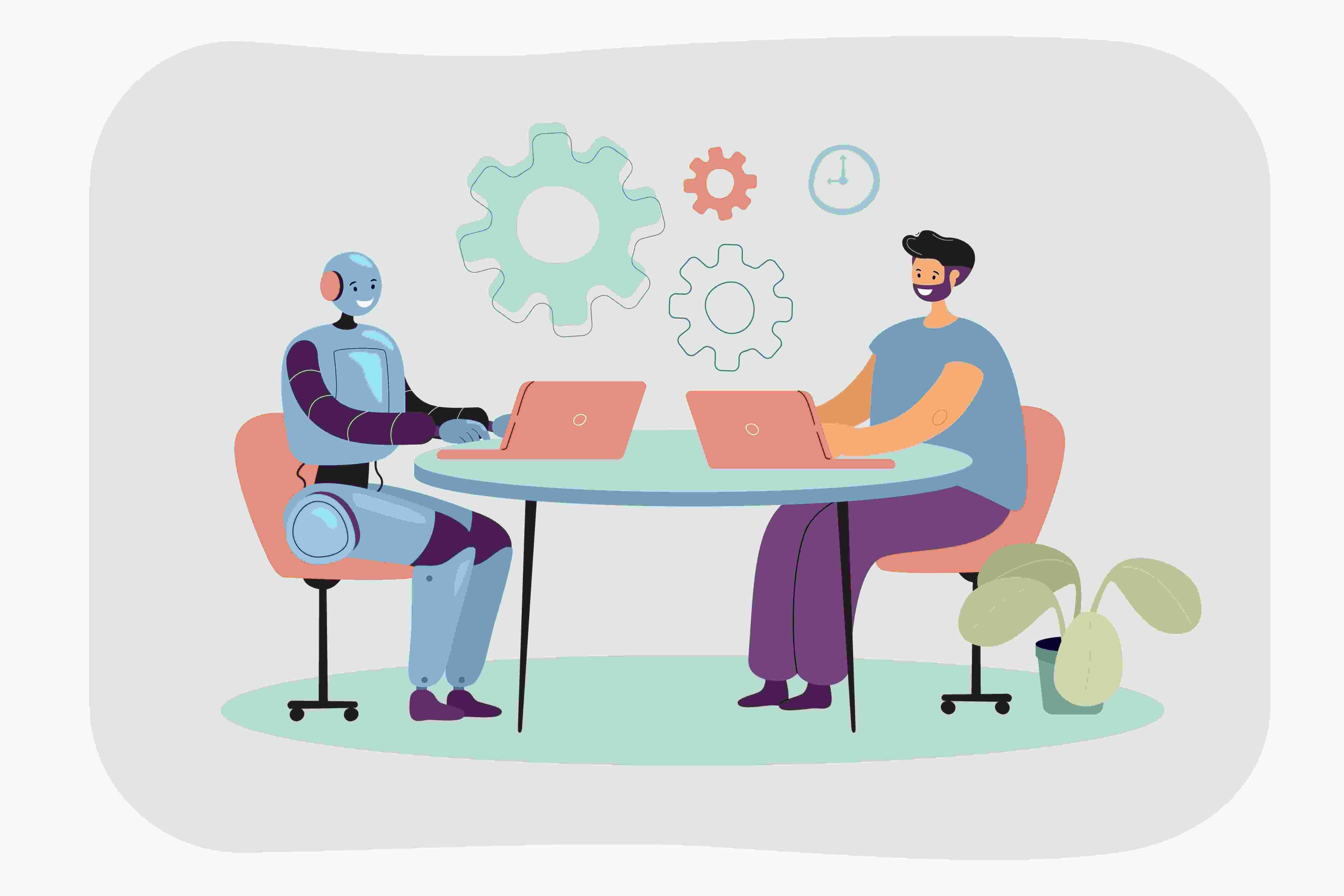Introduction
The world of work is undergoing a profound transformation, and at its core is the influence of technology. In this digital age, the future of work is being reshaped by innovative technologies that are altering the way we approach tasks, collaborate, and even think about employment. In this article, we’ll embark on a journey to explore how technology is shaping the future of work and what it means for employees and employers alike.
Technology’s Impact on Work Environments
The traditional office setup is no longer the norm. Remote work, once considered an exception, has become a widespread practice thanks to technology. Tools like video conferencing, project management software, and cloud computing have made it possible for employees to work from anywhere with an internet connection. The result? A more flexible and dynamic work environment that prioritizes outcomes over office hours.
But it’s not just about remote work; it’s about the flexibility to choose when and how to work. Employees are increasingly seeking a balance between work and personal life, and technology is enabling this shift.
Automation and Artificial Intelligence
Automation and Artificial Intelligence (AI) are the driving forces behind significant changes in the labor market. AI-powered algorithms are streamlining tasks, optimizing processes, and even making decisions that were once the exclusive domain of humans. While this may raise concerns about job displacement, it also presents opportunities for employees to focus on higher-level, creative, and strategic work.
For instance, in healthcare, AI is aiding doctors in diagnosing diseases faster and more accurately. In manufacturing, robots and cobots (collaborative robots) are working alongside human employees to enhance productivity and safety. The key takeaway here is that technology is augmenting human capabilities rather than replacing them.
Augmented Reality (AR) and Virtual Reality (VR) in Work
Augmented Reality (AR) and Virtual Reality (VR) are revolutionizing training, education, and collaboration. These immersive technologies are enabling employees to learn, practice, and collaborate in virtual environments. From medical students practicing surgery in VR simulations to architects visualizing building designs in AR, these technologies are expanding the possibilities of how we acquire and apply knowledge.
The Gig Economy and Freelancing
The gig economy, powered by online platforms, is flourishing. Freelancers and independent contractors now have greater access to a global job market. Whether it’s offering freelance writing services, graphic design, or software development, technology platforms have democratized work, enabling individuals to be their bosses and create their work schedules.
Human-Machine Collaboration
The future of work is marked by collaboration between humans and machines. Cobots, designed to work alongside humans, are becoming commonplace in manufacturing and logistics. In creative fields like design and content creation, AI tools assist in generating ideas and automating repetitive tasks, allowing professionals to focus on creativity.
Data Analytics and Decision-Making
Data is the currency of the digital age. Businesses are leveraging data analytics and big data to make informed decisions, streamline operations, and enhance customer experiences. Whether it’s predicting market trends or optimizing supply chains, data-driven insights are shaping how companies operate and compete.
Cybersecurity and Digital Privacy
With the increased reliance on technology comes the need for robust cybersecurity measures. Protecting sensitive data and ensuring digital privacy are paramount. As technology advances, so do cyber threats. Staying vigilant and implementing cybersecurity best practices is crucial for individuals and organizations alike.
The Future Workforce: Skills and Adaptability
The future workforce will require a different set of skills. Adaptability, digital literacy, and the ability to collaborate with machines will be highly valued. Lifelong learning will become the norm as employees seek to stay relevant in rapidly evolving industries. Upskilling and reskilling programs will play a crucial role in this paradigm shift.
Conclusion
The future of work is dynamic, marked by flexibility, automation, and collaboration. Technology is at the heart of this transformation, enabling us to rethink traditional work structures and embrace new opportunities. As we navigate this evolving landscape, one thing is clear: technology is not a threat to work; it’s a catalyst for innovation and a pathway to a more inclusive and dynamic future of work.

